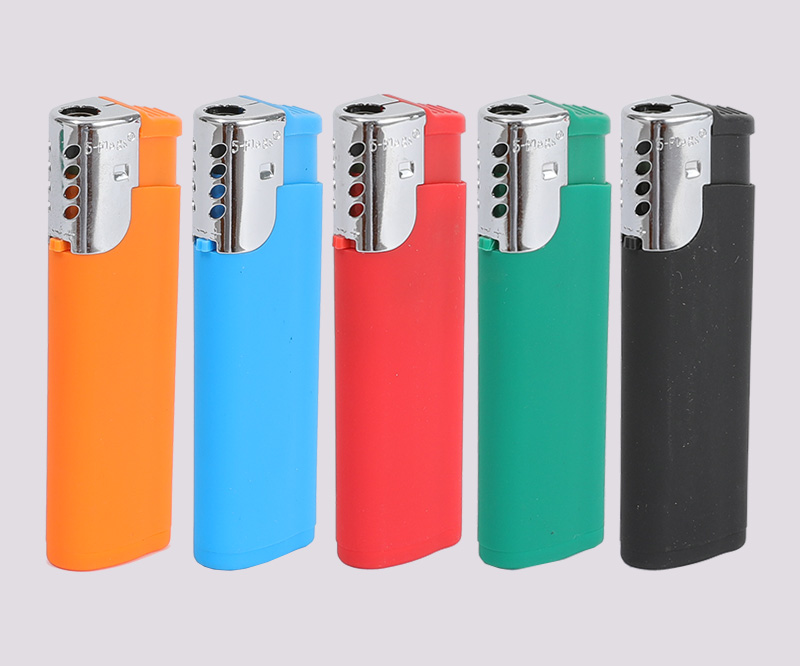Summary:There is a rule of thumb for outdoor gear preparation: first carry the essentials, secondly consider...
There is a rule of thumb for outdoor gear preparation: first carry the essentials, secondly consider the versatile equipment, and then consider the single-use items based on weight.
A
lighter is undoubtedly a necessity.
Not all lighters are the same, and everyday lighters are not designed to withstand the rigors of outdoor environments.

Here is a question that you should seriously think about, what kind of lighter is suitable for the environment you want to explore, and what characteristics this lighter needs to have to cope with this specific environment.
1. Ease of use:
Before you start looking for a survival lighter, you need to consider whether the operation of the lighter is simple and easy to use.
A good lighter can produce a flame quickly when it is needed most, and must be easy to operate in almost any harsh environment.
But you need to take into account the unexpected situations that may arise in an emergency. You need to make sure that your survival lighter can take a hit and work in different conditions.
2. Durability:
Survival lighters should be durable enough. If they fall to the ground, they may break. Such lighters are definitely not suitable for outdoor use.
You should choose a sturdy lighter that can withstand a certain amount of weight and impact.
Lighters made of stainless steel serve this purpose because they are durable and will not rust even after prolonged use.
3. Reliability:
Weather and climate conditions vary with each departure, including blizzards, rain and flooding.
Your survival lighter must be able to operate smoothly in these severe weather conditions without worrying about rain or high winds.
Of course, there are many lighters, each with their own pros and cons. For example, fuel lighters are great for lighting in cold temperatures, but as the lighter ages, fuel tends to leak.
Therefore, you must understand the advantages and disadvantages of various survival lighters, and it is best to choose according to where you are going or simply prepare one more.
4. Water resistance:
Matches are easy to get wet in the wilderness. It can be said that matches are not the best outdoor fire tools.
A waterproof and moisture-proof lighter is an indispensable tool for survival in the wild.
Some survival lighters have a waterproof casing that effectively prevents moisture and water from entering, which is one of the most important features.
You can't expect the environment to be warm and dry all the time, and some brands of outdoor lighters will fire smoothly even if they are submerged in water for a long time.
5. Wind resistance:
In bad weather, especially in mountainous areas or in storms (snow), it is difficult for ordinary lighters to catch fire.
In this case, a windproof lighter may be the only option.
Don't forget to bring a lighter that can be used in any weather.
6. Portability:
The lighter itself is a portable fire-making tool.
Under the premise of ensuring reliability, you should check the weight of the lighter.
Compact design, small size, and the lighter the better, because every gram counts when you're planning your own survival kit.

